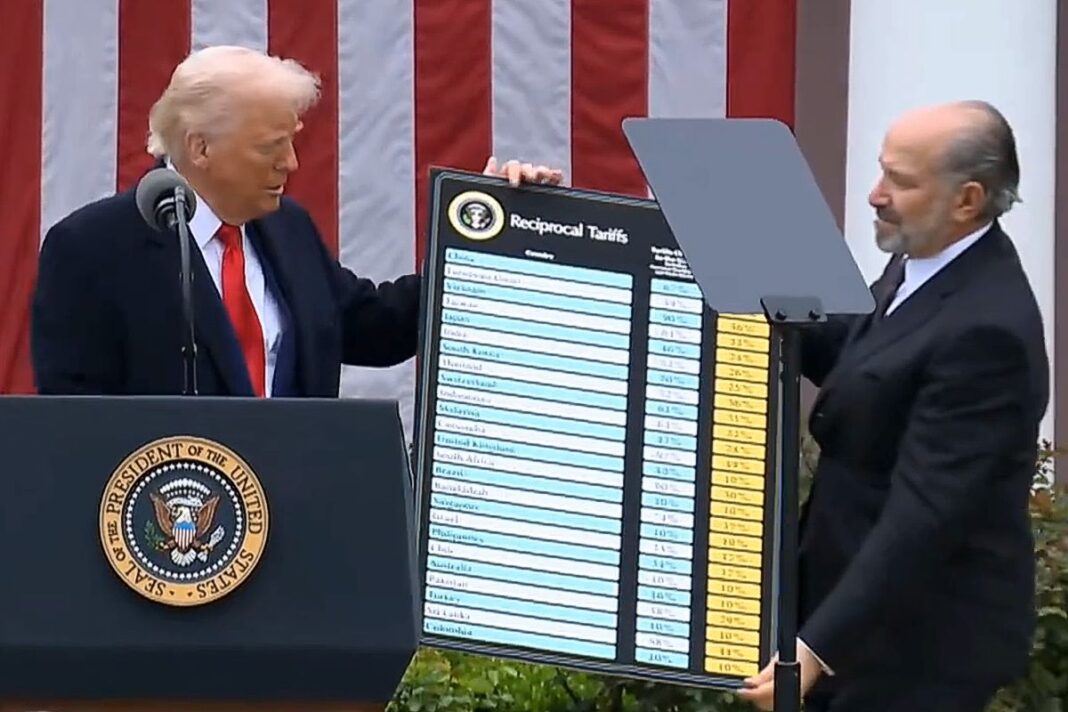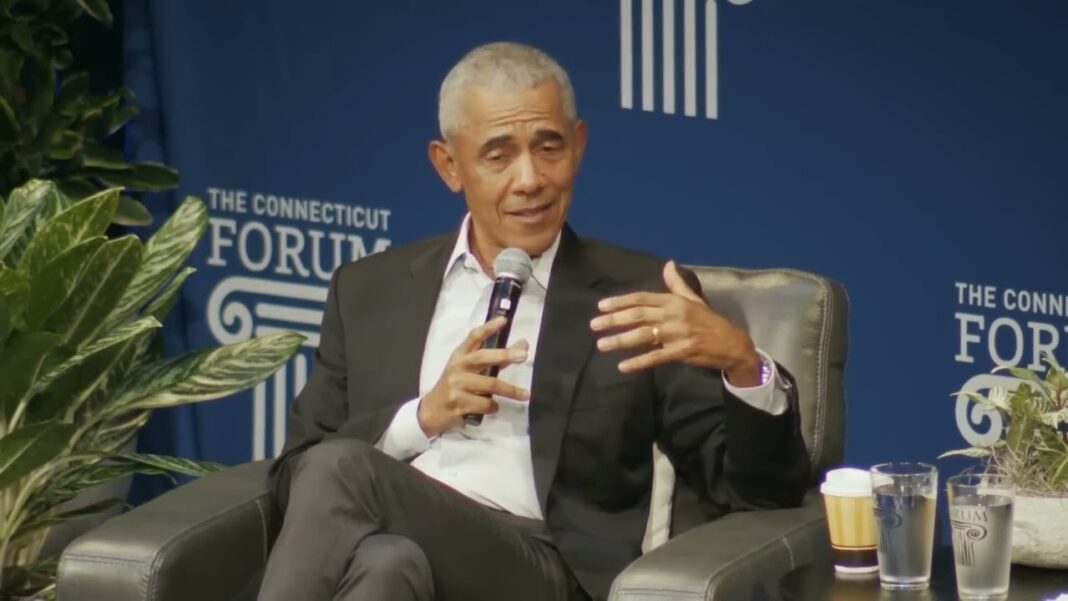It is unclear whether the House will take up the legislation to eliminate the president’s levies.
Senators have passed a bill to revoke the national emergency declaration used by President Donald Trump as the legal basis for his reciprocal global tariff measures.
The Senate voted 51–47 on Oct. 30 in favor of the joint resolution, S.J. Res. 88, introduced by Sen. Ron Wyden (D-Ore.).
Four Senate Republicans joined with Democrats to support the bill: Sens. Susan Collins (R-Maine), Mitch McConnell (R-Ky.), Lisa Murkowski (R-Alaska), and Rand Paul (R-Ky.).
The latest vote came shortly after the upper chamber supported a bill to repeal the president’s 50 percent tariff on Brazilian imports entering the United States. Five Republican senators reached across the aisle and voted with their Democratic colleagues on Oct. 28, resulting in a final tally of 52–48.
In August, the United States imposed a 50 percent tariff on some Brazilian products, aiming to facilitate trade reciprocity and regulatory alignment. The two sides have been engaged in informal talks since August.
Sen. Mike Crapo (R-Idaho), speaking on the Senate floor, said: “It’s no secret that for decades, countries around the globe have raised tariff and non-tariff barriers against Americans and against American businesses and have raised costs for Americans and American businesses without response by the United States.
“Trump is now responding and saying these countries need to take down their tariff and their non-tariff barriers and deal with us in fair and free trade.”
But many other lawmakers, including McConnell, have said that levies are harming the United States.
“Tariffs make both building and buying in America more expensive. The economic harms of trade wars are not the exception to history, but the rule. And no cross-eyed reading of Reagan will reveal otherwise,” McConnell said in a statement.
The Republican-controlled Senate also voted on Oct. 29 against Trump’s authority to implement additional tariffs on Canada. Four GOP senators—Collins, McConnell, Murkowski, and Paul—joined with Democrats, resulting in a 50–46 vote.
“I primarily object to the Canada tariffs because I don’t think there’s an emergency that should trigger the use of this statute, but there are many other reasons I object to them, and the fracturing of this long-standing, powerful relationship is one of them,” Sen. Tim Kaine (D-Va.) said in a speech on the Senate floor.
Trump slapped an additional 10 percent tariff on existing rates for Canadian products in response to a television ad by Ontario, which used edited clips of President Ronald Reagan criticizing tariffs.
Despite the outcome, House Speaker Mike Johnson (R-La.) is unlikely to bring these resolutions to the floor for a vote.
Vice President JD Vance, following his meeting with Senate Republicans, stated that these votes are a “huge mistake,” as tariffs provide the president with leverage to “put American workers first.”
“They’re also incredible leverage for the president … in negotiating these trade deals overseas,” Vance told reporters, pointing to recent trade developments during Trump’s trip to Asia.
By Andrew Moran








